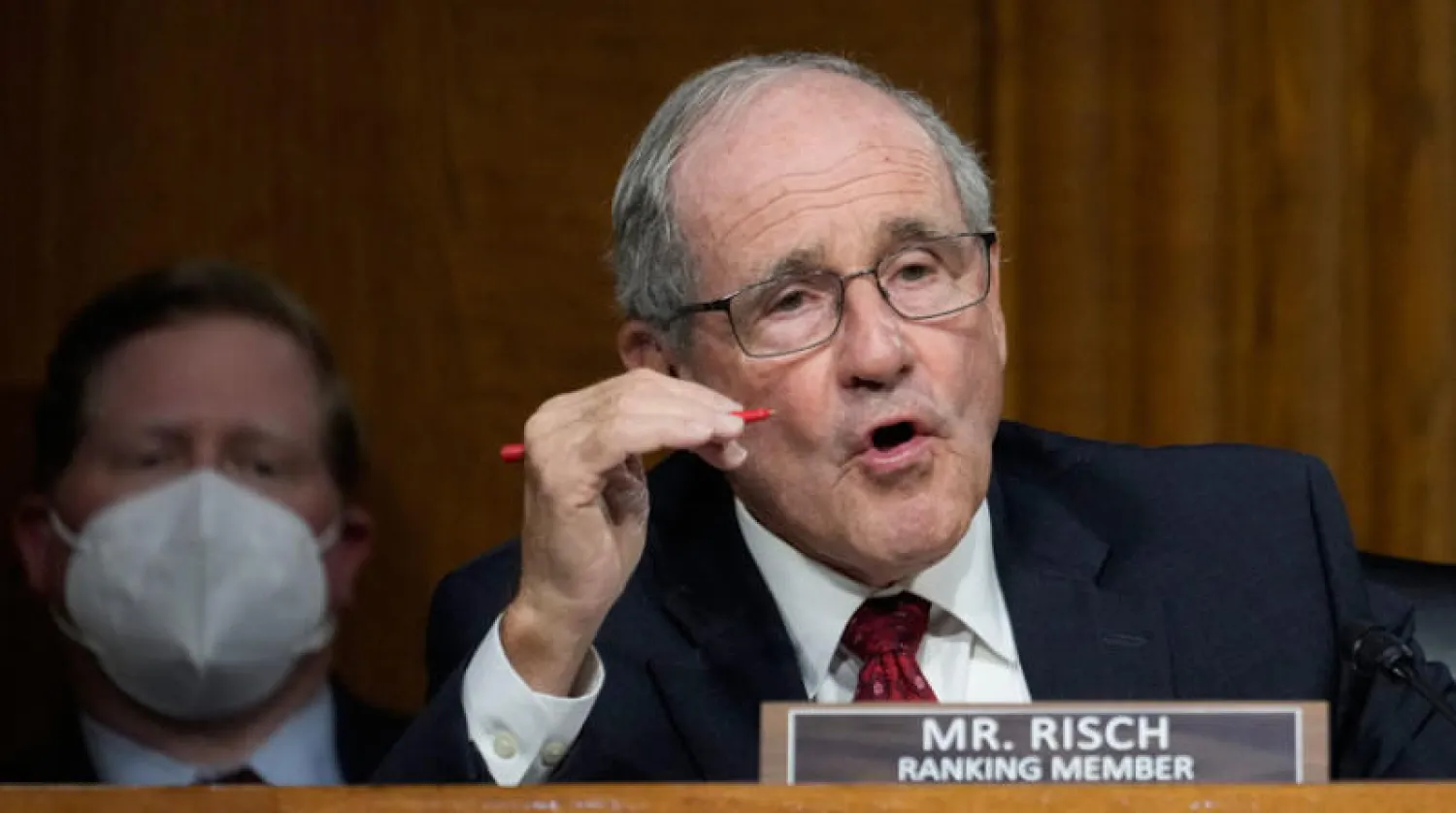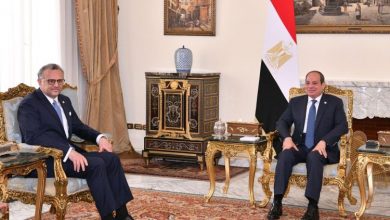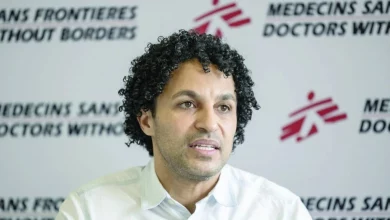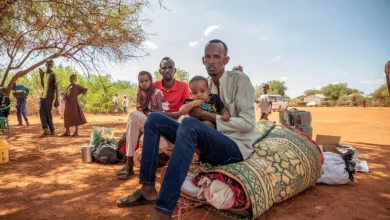U.S. Lawmakers Call for Designation of Sudan’s Rapid Support Forces as a Terrorist Organization
Mashawir – Agencies

Republican and Democratic members of the U.S. Senate have called for a strong response from President Donald Trump’s administration after the Rapid Support Forces (RSF), a Sudanese paramilitary group, seized new territories in Sudan amid reports of attacks on civilians.
Senator Jim Risch, a Republican from Idaho and chairman of the Senate Foreign Relations Committee, urged the U.S. government to officially designate the RSF as a foreign terrorist organization.
In a statement posted on X, he wrote:
> “The atrocities committed in El-Fasher, Darfur, were not a mistake—they were part of the RSF’s plan from the beginning. The RSF practices terrorism and commits unspeakable atrocities, including genocide against the Sudanese people.”
Senator Jeanne Shaheen, a Democrat from New Hampshire and a leading member of the committee, said she would likely support such a move from Washington. When asked whether she would back the terrorist designation, Shaheen told reporters, “Most likely,” but added that she wanted to study the issue carefully first.
Shaheen also criticized the United Arab Emirates, which the Sudanese army has accused of providing military support to the RSF—a claim the UAE denies.
“The UAE has been an irresponsible actor contributing to one of the worst humanitarian crises we are witnessing on this planet right now,” she said.
The war in Sudan broke out in April 2023 following a dispute between the army and the RSF over integrating their forces during the transition to democracy. The conflict has sparked waves of ethnic violence, created the world’s worst humanitarian crisis, and caused famine in several regions. Tens of thousands have been killed, and about 13 million people displaced.
The U.S. State Department has not yet responded to requests for comment on whether it plans to designate the RSF as a terrorist organization.
In January, the administration of former President Joe Biden concluded that members of the RSF and allied militias committed genocide in Sudan, imposing sanctions on RSF leader Mohamed Hamdan Dagalo, known as Hemedti.
The RSF has denied targeting civilians.
El-Fasher, the last major stronghold of the Sudanese army in Darfur, fell to the RSF last Sunday after an 18-month siege, tightening the group’s control over the region.
Aid groups and activists have warned of potential ethnically motivated reprisals after the RSF defeated the army and its allied fighters, many of whom belong to the Zaghawa ethnic group.
The World Health Organization on Wednesday called for a “ceasefire” in Sudan after reports emerged that more than 460 people were killed in the Saudi Maternity Hospital in El-Fasher following recent attacks and the abduction of healthcare workers.
On X, WHO said it was “deeply shocked and saddened by reports of more than 460 patients and companions killed in the Saudi Maternity Hospital in El-Fasher.”
The European Union on Wednesday condemned the “brutality” of the RSF and the “ethnic targeting” of civilians after the group’s takeover of El-Fasher in western Sudan. France also denounced the RSF’s assault on the city, expressing concern over potential “atrocities” and urging both warring parties to engage in “direct negotiations.”
As the RSF completed its sweep across El-Fasher—extending up to 20 kilometers to the south and southwest of the city, particularly in areas formerly held by the army and allied rebel groups—the city now lies fully under RSF control. However, the fate of roughly 177,000 civilians remains uncertain, as many struggle to flee amid widespread RSF presence and blocked escape routes.
Arab and Islamic countries and organizations—including Saudi Arabia, Egypt, Qatar, Kuwait, Jordan, the Arab League, and the Muslim World League—have condemned the atrocities committed by the RSF in El-Fasher.
Meanwhile, outrage continues to grow across social media, where graphic videos of the violence are being widely circulated. Many observers fear that Sudan has entered an even bloodier phase of the conflict, and that the fall of El-Fasher marks only the beginning of a new, more brutal chapter in the country’s ongoing war.




